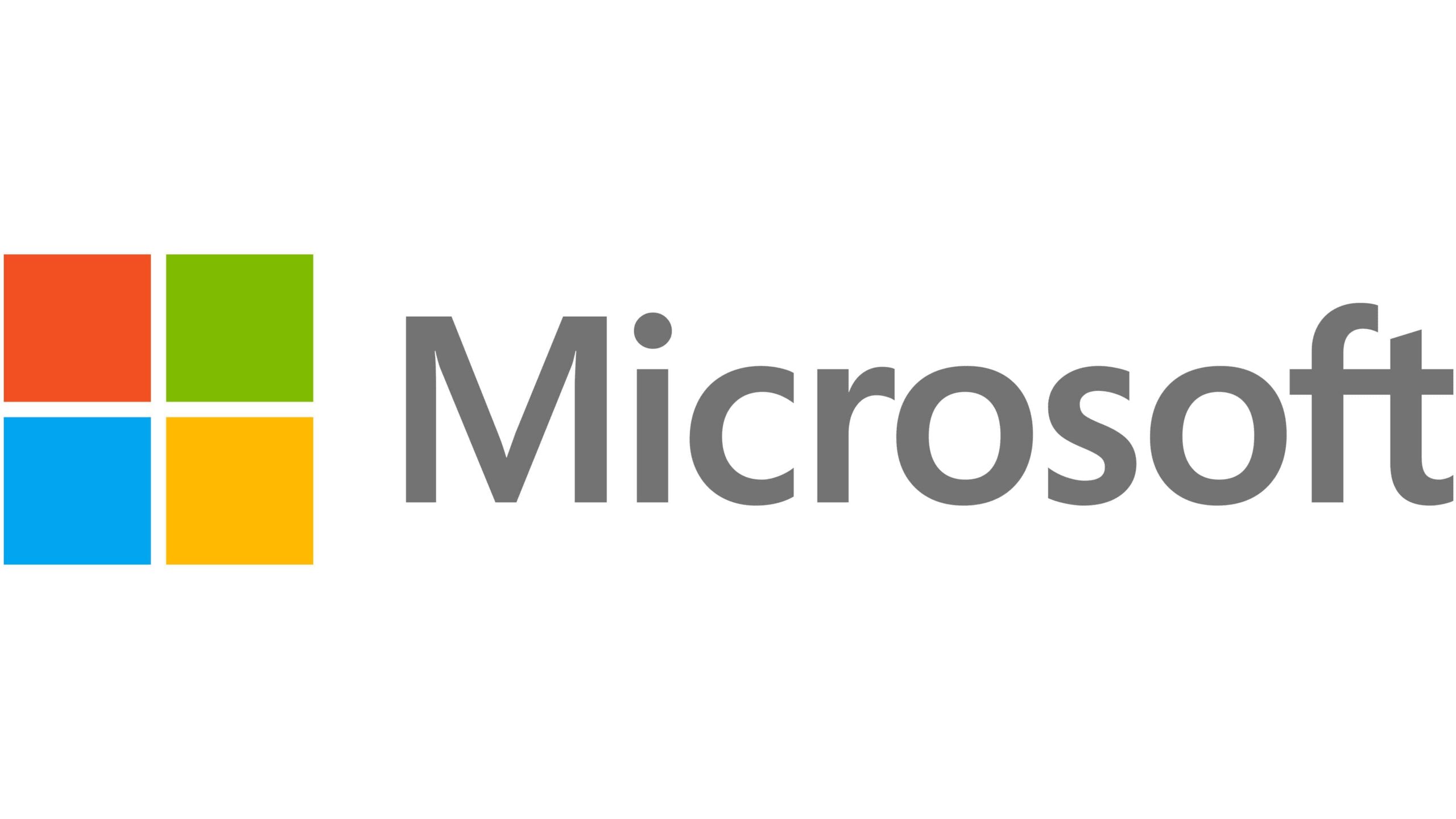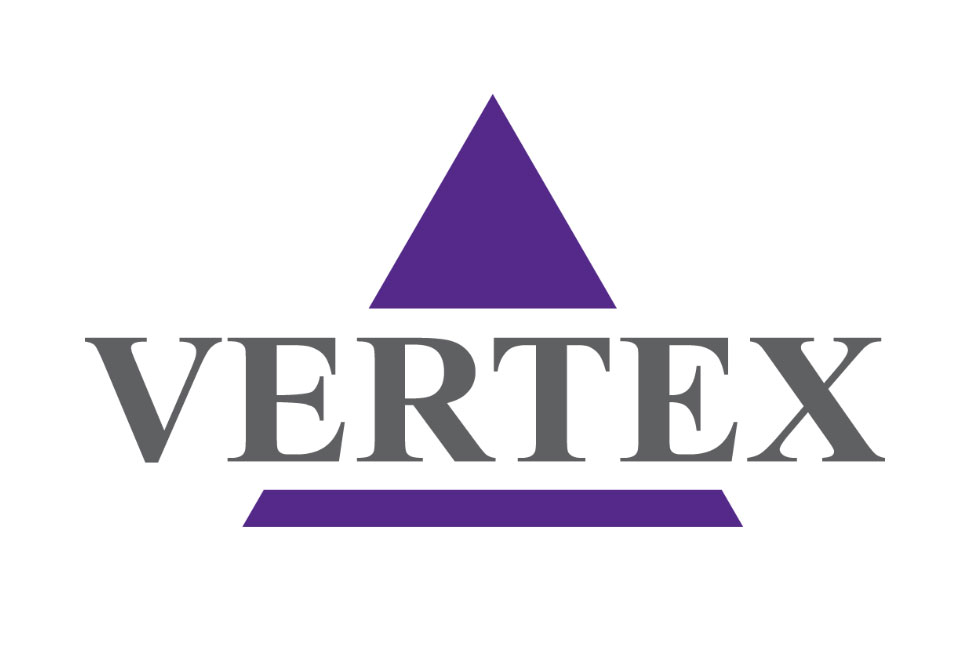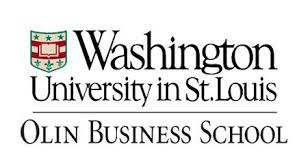Last week came the announcement that a federal judge had found the undergraduate Harvard admissions policy not discriminatory against Asian-Americans. I breathed a sigh of relief as I do not believe Asian-Americans are intentionally discriminated against in the admissions process. Having attended Harvard College and being an alumni interviewer, I understand what a fine balance must be struck to discern who is “best fit” to attend my alma mater. I believe that race-based college admissions is absolutely necessary – it is one of the most effective mechanism to enable an inclusive community (which by definition must be diverse) and it reflects the reality that our US society privileges certain social groups based on race and wealth (40% of white Harvard students are athletic recruits or children of alums and/or donors).
So if I agree with the lawsuit decision, why do I still feel this knot in my stomach? Why do I feel that a decision like this allows schools, employers and US society to get an unwarranted “free pass” on the issue of equity for Asian-Americans? Will the historical and ongoing inequities faced by Asian-Americans ever get noticed by American society?
I feel a real unease. This admissions decision affirms to the general public the longstanding myth that “those Asians are doing just fine”, that, somehow, the status and outcomes of Asian-Americans in US society is just. When it is not. It reinforces the misinformed and divisive “model minority myth” that separates Asians as somehow being better than “real” persons of color. When, in fact, Asians are persons of color who experience “outsider status” struggles, like those experienced by blacks and LatinX individuals. Regrettably, I think this decision perpetuates the Asian “Invisibility Syndrome” where as a race, we are often omitted from most discussions related to race in America. It seems our real predicament isn’t relevant to the discourse on the Peoples of America because we don’t fit into the historical narrative of race and power in America (though Asians have been in the US since the early 1800s) .
In my work today, as a leadership executive coach and speaker, Asians and Asian-Americans tell me they are not getting equitably recognized for their contributions in organizations. But their perceptions are not visible to others. Non-Asians I talk to are in disbelief when I tell them that Asian women are the least likely to be promoted to a first-level manager position (HBR – by Buck Gee). Though Asian-Americans are the most educated in the United States (bachelor, masters, doctorate degrees), there is a staggering discrepancy between their education level and their career advancement / compensation, when compared to other races. When I consider the education:compensation ratio and apply the economic tool of Compounded Annual Growth Rate – CAGR% (let’s say year-on-year compensation growth), Asians are not faring well. But rarely is this mentioned. The stats of Asian-Americans don’t conveniently fit into the dominant / non-dominant race story of America. As a result we’re left out altogether. Omitted. Invisible.
But our lives are not invisible. Each Asian-American wakes up hoping for recognition of their hard work and contribution. Every person seeks to be visible, to be seen, especially by people in power who make decisions about their lives. I see firsthand the pain felt by so many Asians I’ve coached or met at my lectures, who tell me that their hard work has been taken for granted and not rewarded because they don’t complain or sell themselves, how others have taken credit for their work because they don’t want to be “combative” in public, how they get a greater-than-fair-share of the difficult work because managers know they won’t push back. These individuals may not speak up, but they know when their recognition has been usurped. For example, Asian scientists have lamented that despite their years of work on the basic science that leads to blockbuster drugs, they don’t take part in the significant “winnings” accrued by company executives when the drugs are launched.
Managers and organizations will say that Asian-Americans need to develop “confidence” and “speak up” more and “make their visibility and contribution known.” Yes, Asian culture is a humble culture and these individuals have a responsibility to develop new competencies. Yet what is the role of cultural bias and implicit bias, and who owns the responsibility to remedy that? On my darker-self days, when my compassion is more scarce, I play the devil’s advocate role and wonder about managers…“really, you had no idea that this top talent was contributing so much and thus you missed the fact that (s)he should be promoted or better compensated?” These people may not speak up. The more assertive individuals will take their talent elsewhere. But many quietly despair. Surprisingly many remain engaged because they’re so dutifully bound. But my heart aches for these fine people. In the shadows of the organization’s public heroes, these heroes, who form the building blocks of organization success continue to toil in invisibility. Many have told me they accept their fate, especially the immigrants, who tell me they are grateful for what they have.
But for me, gratitude and equity have nothing to do with each other.
Much of my work revolves around “storytelling” and “claiming visibility” – developing these skills in persons who are not familiar with US Power Culture. Indeed external communications are hallmark American skills one must have to get the job, win the promotion and capture the brass ring in organizations. We love our visible and “confident” heroes. But is one’s effective communications of one’s accomplishment a de facto reality of one’s superior contribution vis-à-vis his or her peers?
This Asian-American professional predicament dovetails right back to my unease with the Harvard Asian-American admissions decision. One of the key factors cited for Asian-Americans not getting admitted to Harvard is their lower “personal ratings” score, which is often informed by the recommendation of a high school counselor. It seems a student’s grades and scores are insufficient for top marks because these students seem to lack a requisite level of social charm or expressed passion that are part and parcel to one’s “personal rating”.
There is a through-line from how we choose the best-of-the-best college admit to the corporate executive. It’s vital that American Power Culture recognizes that the lens through which we define the persona of a “leader” or a “highly motivated” individual is actually a cultural artifact of the European-American heritage. Decision-makers, from admissions officers to managers, need to recognize the cultural advantage given to whites and the inherent cultural bias that diminishes opportunities for Asian-Americans (and other persons of color). Without this transparent recognition of “European-American cultural preference” the advancement of Asian-Americans at key “gateway” moments will be thwarted and inequitable, whether it’s college admissions, a job offer, a high-potential designation or a selected executive candidate.
What strikes me as most important about this non-content-based rejection is not the admission or promotion or raise itself, but its effect on one’s self-esteem and life trajectory. Of course we know that a culturally-preferred persona is not a fair representation of a person’s unique gift, talent and potential. But for many, who don’t understand the favorability given to the European-heritage affect, and only see the rejection of their whole self, their life energy and potential may be vanquished forever. For me, that is an immeasurable devastation because it’s the death of one’s soul and spirit.
The Best Self is within each one of us. It seeks to be expressed. It must be nurtured and recognized by the community to survive and thrive.
My unease with the Harvard admissions decision is that unknowingly, many innocent Asian-Americans, unaware of this thing called “cultural affect”, may take the rejection as a wholesale rejection of their personhood. Not just this one time, but throughout their life as student, professional and person.
“Devastation” may be woefully insufficient to describe the implications for Asian-Americans – their potential, their spirit and their lives.













